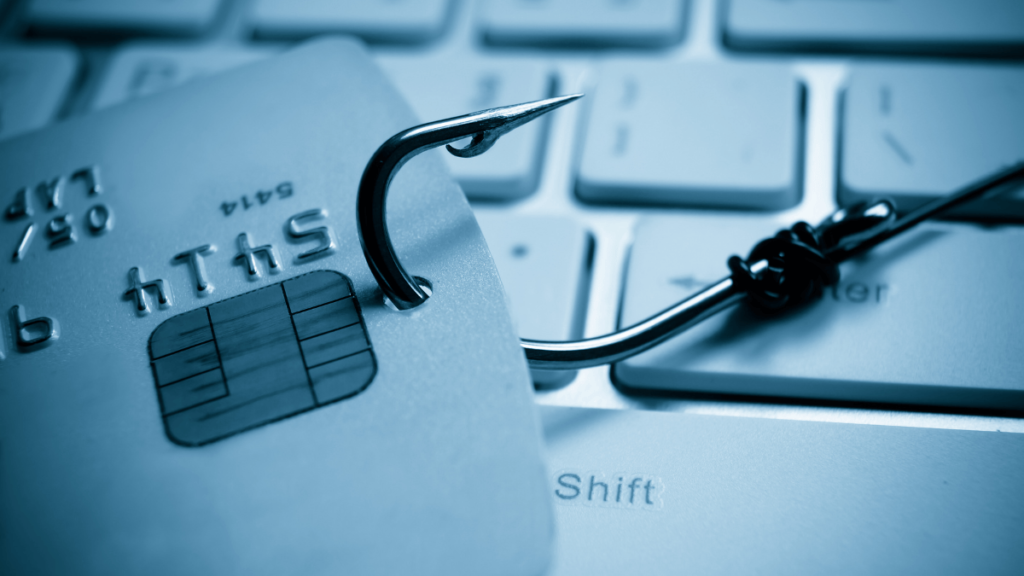Phishing is a growing problem in today’s digital world. It is a type of cyber-attack where criminals use fake emails, websites, and other forms of communication to trick people into revealing sensitive information, such as passwords and credit card numbers. While phishing has been around for many years, it has become more sophisticated and widespread, making it more important than ever to understand how to protect yourself from these scams.
What is Phishing?
Phishing is a type of scam that uses fake emails, text messages, or websites to trick you into giving out your personal information. The criminals who engage in phishing use a variety of tactics to make their scams appear legitimate, such as creating emails that appear to be from a trusted source, such as a bank or online retailer. They may also create fake websites that look like the real thing, or use text messages or social media posts to lure you into clicking on a link or giving out information.
Types of Phishing Scams:
Phishing scams come in many different forms, but some of the most common include:
- Email Phishing: This is one of the most common types of phishing scams, where criminals send fake emails that appear to be from a trusted source, such as a bank or online retailer. The emails may contain a link that takes you to a fake website where you are prompted to enter sensitive information.
- Spear Phishing: This type of phishing is more targeted, where criminals target specific individuals or organizations with fake emails that appear to be from a trusted source. This type of phishing is often more effective because it is more personalized and therefore more convincing.
- SMS Phishing: This type of phishing uses text messages to trick people into giving out sensitive information. The text messages may contain a link that takes you to a fake website where you are prompted to enter your information.
- Vishing: This type of phishing uses voice calls or voice messages to trick people into giving out sensitive information. Criminals may impersonate a trusted organization or individual, such as a bank, to try to get you to reveal your information.
How to Protect Yourself from Phishing Scams:
Here are some tips and strategies to help you protect yourself from phishing scams:
- Be cautious of emails or messages that ask for sensitive information, even if they appear to be from a trusted source.
- Do not click on links in emails or messages unless you are sure they are from a trusted source. If you are unsure, type the URL into your browser manually to access the website.
- Use two-factor authentication whenever possible to add an extra layer of security to your accounts.
- Keep your software and security systems up to date, and make sure you have strong passwords for all of your online accounts.
- Be careful when entering information into websites, and look for signs that the site may not be legitimate, such as typos or other errors.
Frequently Asked Questions about Phishing:
Q: What is phishing?
A: Phishing is a type of cyber-attack where criminals use fake emails, websites, and other forms of communication to trick people into revealing sensitive information.
Q: What are the different types of phishing scams?
A: The different types of phishing scams include email phishing, spear phishing, SMS phishing, and vishing.
Q: How can I protect myself from phishing scams?
A: You can protect yourself from phishing scams by being cautious of emails or messages that ask for sensitive information, not clicking on links in emails or messages unless you are sure they are from a trusted source, using two-factor authentication, keeping your software and security systems up to date, and being careful when entering information into websites.
Conclusion:
Phishing is a growing problem in today’s digital world, and it is important to understand the different types of phishing scams and how to protect yourself from these cyber-attacks. By following the tips and strategies outlined above, you can help keep your sensitive information safe and avoid becoming a victim of phishing. Remember to always be cautious when it comes to emails and messages that ask for sensitive information, and always be vigilant about the websites you visit and the information you enter online. With the right precautions, you can stay safe from phishing scams and enjoy the benefits of the digital world with peace of mind.

